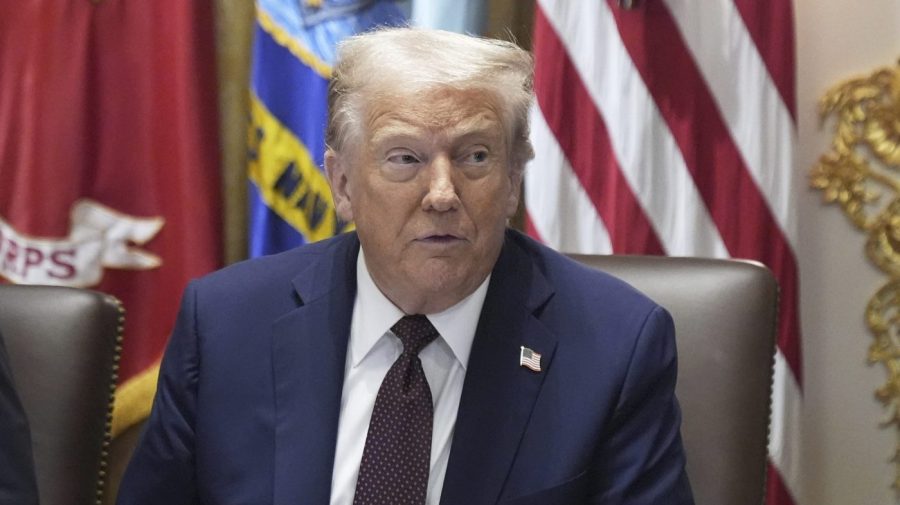The fifth annual National Conservatism Conference commenced on September 2, 2024, in Washington, D.C., drawing considerable attention within conservative circles. This event is viewed as a significant platform for shaping the policies and ideas that have gained traction in the current political landscape, particularly under the Trump administration. Unlike more flamboyant gatherings, it emphasizes intellectual discourse over spectacle, aiming to define the future trajectory of the conservative movement.
Rachel Bovard, vice president of programs at the Conservative Partnership Institute, highlighted the conference’s influence, stating, “I do think that NatCon represents the conservative movement at this point.” She noted that many past speakers are now prominent figures in the Trump administration, indicating the conference’s role as an incubator for policies that resonate with voters.
This year’s agenda includes a session titled “Overturn Obergefell,” scheduled for the evening of September 3. The session focuses on challenging the Supreme Court’s decision in Obergefell v. Hodges, which legalized same-sex marriage nationwide. Such discussions mark a continuation of the conference’s commitment to addressing contentious issues within the conservative framework.
The conference also provides a venue for evaluating ongoing debates surrounding immigration, technology, and foreign policy. Participants are expected to express differing views on technology, with some advocating for its potential benefits, while others raise concerns about its impact on society and family structures. A breakout session titled “AI and the American Soul” will delve into these discussions, while another, “America and the Israel-Iran War,” is set to explore the nuances in U.S. foreign policy regarding Israel.
Key figures scheduled to speak include Tulsi Gabbard, the Director of National Intelligence, and Russell Vought, Director of the Office of Management and Budget. The diverse lineup aims to reflect the broad spectrum of thought within the national conservative movement.
Anna Wellisz, president of the Edmund Burke Foundation, emphasized the conference’s role in clarifying what it means to be a national conservative. She asserted, “It’s simply conservatism — and national, because conservatism is attached to a place, a people.” This perspective underscores the notion that conservatism is rooted in specific cultural and historical contexts rather than a universal ideology.
Past themes have included critiques of higher education, with speakers like Vance previously labeling universities as adversaries to conservative values. This year, the Trump administration continues to prioritize reforms targeting educational institutions, including legislation aimed at taxing university endowments.
The principles outlined in the national conservatism statement, endorsed by conservative figures like Charlie Kirk and Peter Thiel, advocate for immigration restrictions, government intervention to maintain order, and a nuanced approach to free enterprise, rejecting absolute free-market ideologies. These principles have positioned national conservatism as a formidable force within the Republican Party, challenging the previously dominant free-market conservatism.
In response to the rise of national conservatism, proponents of free-market principles have articulated a “Freedom Conservatism” manifesto, emphasizing individual liberty and choice. Avik Roy, a key architect of this initiative, expressed the need to reintroduce classical liberal ideals to younger conservatives, who have grown up in a political environment heavily influenced by Trump.
As the conference unfolds, observers will closely watch its implications for the future of the Republican Party. The gathering not only serves as a platform for current discussions but also reflects the shifting dynamics within conservative thought, as evidenced by past attendees’ reactions to the conference’s evolving agenda.
The National Conservatism Conference continues to play a pivotal role in shaping the dialogue on the right, making it essential for those interested in the future of conservative politics to engage with the ideas and debates presented during this influential event.
